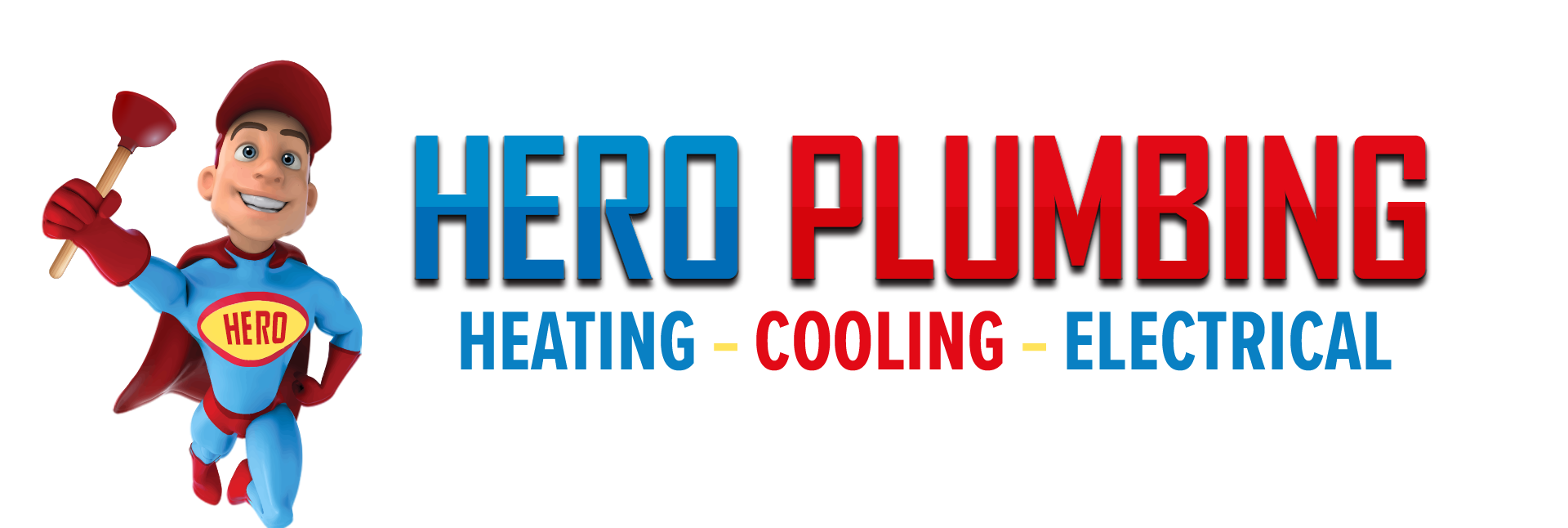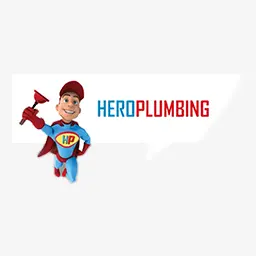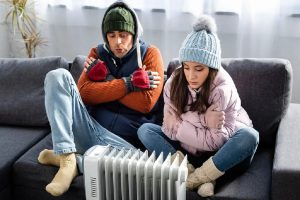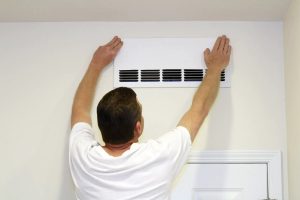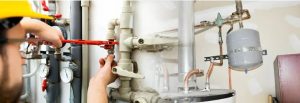Table Of Contents
- Can Gas Ducted Heating Cause CO Poisoning?
- What Is Carbon Monoxide Poisoning?
- Symptoms Of Carbon Monoxide Poisoning
- What Is A Gas Ducted Heating System?
- How Does A Gas Ducted Heating System Work?
- Can Gas Ducted Heaters Cause CO Poisoning?
- Detecting CO Leaks From Gas Ducted Heaters
- How To Prevent Carbon Monoxide Leaks
- Keep Your Family Safe
Can Gas Ducted Heating Cause CO Poisoning?
During winter, the chilling nights are dangerous as they can result in serious health problems. One way of preventing this is by heating your house. An excellent way is to use ducted gas heaters or split system air conditioners.
However, one common concern is getting carbon monoxide poisoning from ducted heating? To answer this question, let’s first look at carbon monoxide poisoning and how ducted gas heating works.
What Is Carbon Monoxide Poisoning?
Carbon monoxide poisoning occurs when one inhales large volumes of carbon monoxide (CO) fumes. These fumes enter the bloodstream and can cause serious problems such as tissue damage or even death.
Symptoms Of Carbon Monoxide Poisoning
Carbon monoxide has been nicknamed the silent killer because its poisoning symptoms often aren’t visible, especially in low-level exposure. Symptoms include:
- Nausea and vomiting
- Chest pain
- Loss of consciousness
- Shortness of breath
The symptoms can worsen with extended exposure to carbon monoxide, forcing one to seek medical assistance.
What Is A Gas Ducted Heating System?
A gas ducted heating system draws in cold air, heats it, and distributes it to all rooms in the house. The system comprises of:
- Central heating unit
- Thermostat to control temperatures
- Vents to bring air to the heater
- Insulated ducts to deliver air into rooms and parts of the ducted heating system
- Grilles
It’s important to note that the ducted heating system will not function properly if any of the above components are missing.
How Does A Gas Ducted Heating System Work?
The gas ducted heating system lets you heat the entire house with a single heating unit. The central heating system, usually located in the roof space or outside the home, is connected to different rooms via a duct system. The ducts release via outlets in the ceilings or floors of the rooms.
First, a fan draws in cold air, which is then heated by the central heating unit by naturally powered gas heaters. A huge gas furnace or a reverse cycle air conditioner can be used as the heater. To minimise heat losses, the hot air is then pumped through insulated ducts. The hot air enters the open space through the duct outlets, thereby heating the room.
The air in the room is collected in a return grille and recirculated through the vents back to the central heating system. The air is warmed and pushed back to the room. This ensures the room temperature is unaffected by external conditions.
Can Gas Ducted Heaters Cause CO Poisoning?
The simple answer is YES. Carbon monoxide poisoning can occur when the combustion process is incomplete, producing carbon monoxide in large volumes. This problem is prevalent with ducted gas heaters that are not working correctly or are poorly maintained.
Other causes of carbon monoxide leaks and build from ducted gas heaters include:
- Poor air-to-gas ratio
- Obstruction of the flame
- Inappropriate gas operating pressure
- Defective burners
- Heat exchanger cracks
Detecting CO Leaks From Gas Ducted Heaters
It’s difficult to know if a gas heater is defective because the leaks can be both dangerous and ineffective, causing significant bodily harm before anyone notices. However, you can visually inspect the heater before turning it on in the winter and every month afterwards for:
- Visible damage
- If the flame extends beyond the top surface of the tile
- Presence of soot, fumes, and backdraft in the house
- A burning odour. This is always followed by odourless carbon monoxide being accompanied by strange exhaust gases.
- Pilot lights and main burners that produce a blue flame rather than a yellow or red flame
- A lot of moisture on the windows
If you notice any of the above, conducting a carbon monoxide test can’t be ignored. Also, you can fix carbon monoxide detectors in your house. They’ll notify you if the levels of carbon monoxide exceed safe levels. However, you should be on high alert on indicators of CO poisoning.
If any of these problems occur, reach out to a professional right away for assistance. To lessen the risk of carbon monoxide poisoning, make sure your space has adequate ventilation.
How To Prevent Carbon Monoxide Leaks
Schedule Regular Maintenance
Having licensed gas fitters inspect your heating systems regularly can lower the chances of carbon monoxide poisoning. Carbon monoxide leaks that come from improperly or wrongly utilised gas heaters and ovens are life-threatening.
A qualified gas fitter can detect a potential problem when cleaning or checking up the gas ducted heating system. Also, they can ensure your heating systems are in good working condition and ready for the cold season. With proper maintenance by a registered gasfitter, a gas ducted heater can last for a long time.
Install Carbon Monoxide (CO) Detectors
CO detectors are pretty similar to smoke detectors in that they detect the presence of carbon monoxide in your home. Installing carbon monoxide detectors in your house is essential. This is because carbon monoxide is an odourless, colourless, and deadly gas that can go unnoticed physically.
The alarm should be audible enough. While safety alerts are essential for notifying you if there’s a carbon monoxide leak, they can’t substitute competent gas heating equipment and maintenance.
You should install carbon monoxide alarms in or near every room with a gas appliance. Furthermore, when considering the location of the alarm, make sure it can be heard from all corners of the house.
Replace Old Gas Ducted Heaters
Gas ducted heaters do not last forever. Also, some heaters are unrepairable due to health and safety concerns. Furthermore, spare parts of older gas ducted heaters aren’t always available.
A gasfitter may not be able or willing to fix your ducted gas heater if it’s more than 15 years old. This implies that you should consider replacing open flued gas heaters with room-sealed gas heaters. Before doing any of this, it’s crucial to consult licensed gasfitters.
Install Evaporative Cooling Systems
If having your gas heater or air conditioner serviced regularly isn’t for you, consider installing evaporative cooling systems. They use water to help cool the air and then conduct it around your home. However, they are primarily ineffective in high humidity regions.
Keep Your Family Safe
While heating your home during winter is good, you can’t ignore environmental health and safety issues. Also, if you use log fires, gas wall furnaces, gas ducted heaters, or split system air conditioners, you are at risk of carbon monoxide poisoning.
To keep your home safe, it’s essential to conduct gas heater safety checks regularly. Furthermore, you’ll need a licensed gas fitter to check for faulty gas installations, for duct cleaning, to carry out split system air conditioning repair, and ensure only fresh air is circulating in your home.

